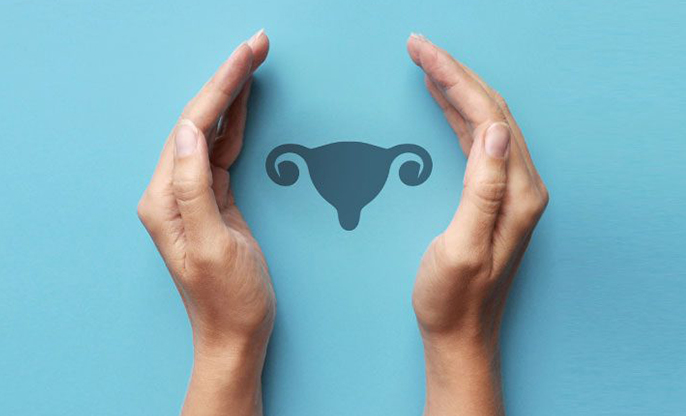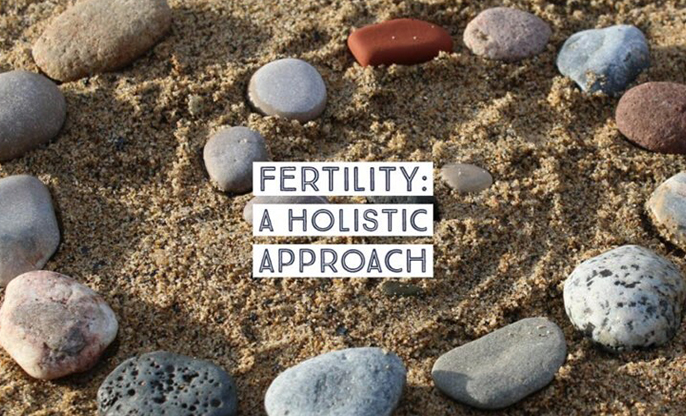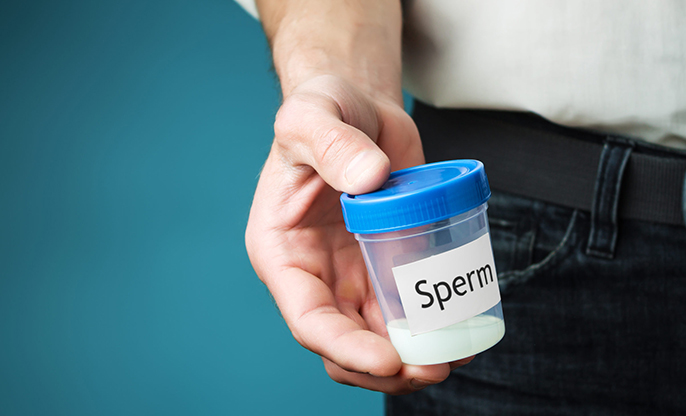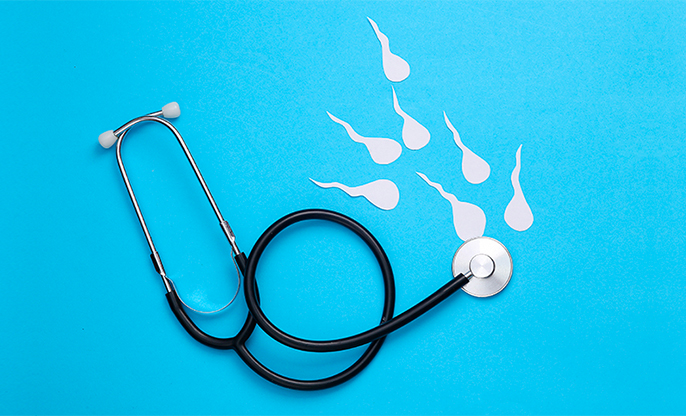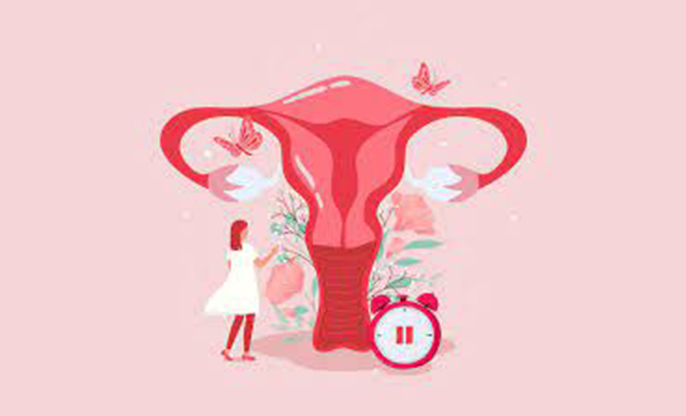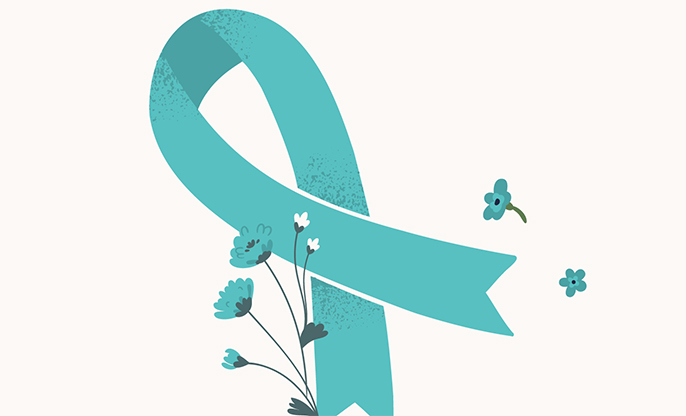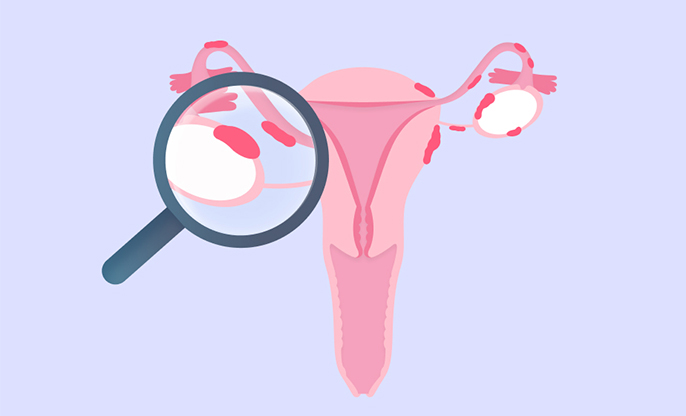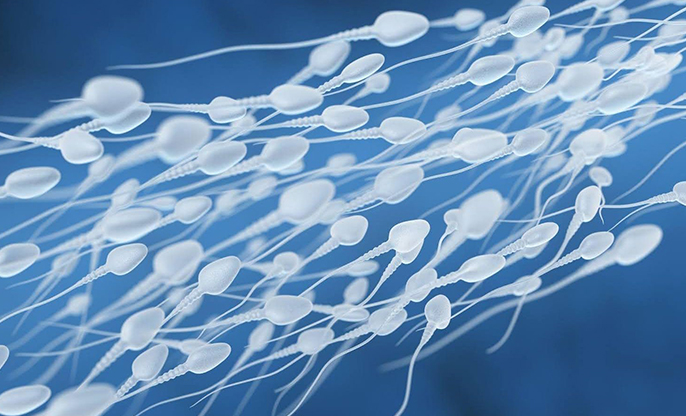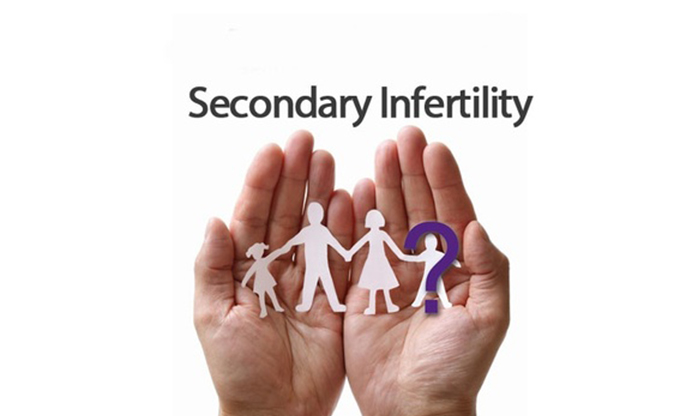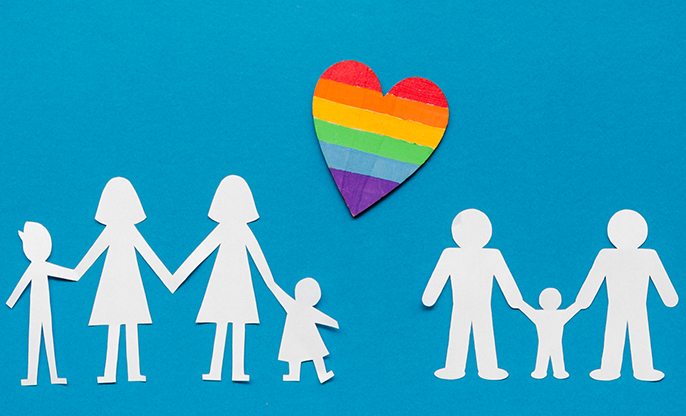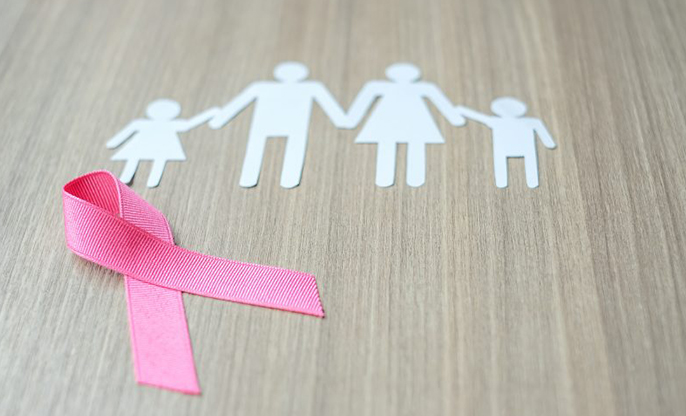
A cancer diagnosis can be a life-altering event, and for many young adults facing this challenge, preserving their fertility may not be the first concern that comes to mind. However, it's a crucial aspect of their journey that can offer hope for the future. Cancer treatments like chemotherapy, radiation therapy, and surgery can have a significant impact on fertility. Fortunately, there are fertility preservation options available that can help individuals maintain their dream of having children after cancer treatment.
Understanding the Impact of Cancer
Treatment on Fertility
1. Chemotherapy: Many chemotherapy drugs
can damage the ovaries or testes, affecting the production of eggs or sperm.
2. Radiation Therapy: Radiation therapy
directed at the pelvic area can harm reproductive organs, reducing their
functionality.
3. Surgery: Some cancer surgeries, particularly those involving the removal of reproductive organs, can lead to infertility.
Fertility Preservation Options
Egg and Sperm Freezing:
·
Oocyte cryopreservation (egg freezing) for women.
·
Sperm cryopreservation (sperm banking) for men.
Embryo Cryopreservation:
·
Couples can create embryos through in vitro fertilization
(IVF) and freeze them for future use.
Ovarian Tissue Cryopreservation:
·
A portion of ovarian tissue is removed, frozen, and later
transplanted.
GnRH Agonist Therapy:
·
Used to temporarily suppress ovarian function during
chemotherapy, reducing the risk of damage to eggs.
Donor Gametes:
· Consider using donor eggs or sperm for future fertility treatments.
Consulting a Fertility Specialist
Patients
should consult with a fertility specialist as soon as possible after a cancer
diagnosis. Fertility preservation options vary depending on factors like cancer
type, treatment plan, and the patient's age and reproductive health.
Recent Research and Advances
Studies have shown that fertility preservation techniques have become increasingly successful in recent years. Researchers are continually working to improve these methods, offering hope to cancer patients.
Conclusion
A cancer diagnosis is a challenging journey, but it doesn't have to mean the end of one's dream of becoming a parent. Fertility preservation options provide an opportunity to safeguard reproductive potential and look forward to a brighter, cancer-free future. It's essential for cancer patients to explore these options with a fertility specialist to make informed decisions about their fertility journey after treatment.












